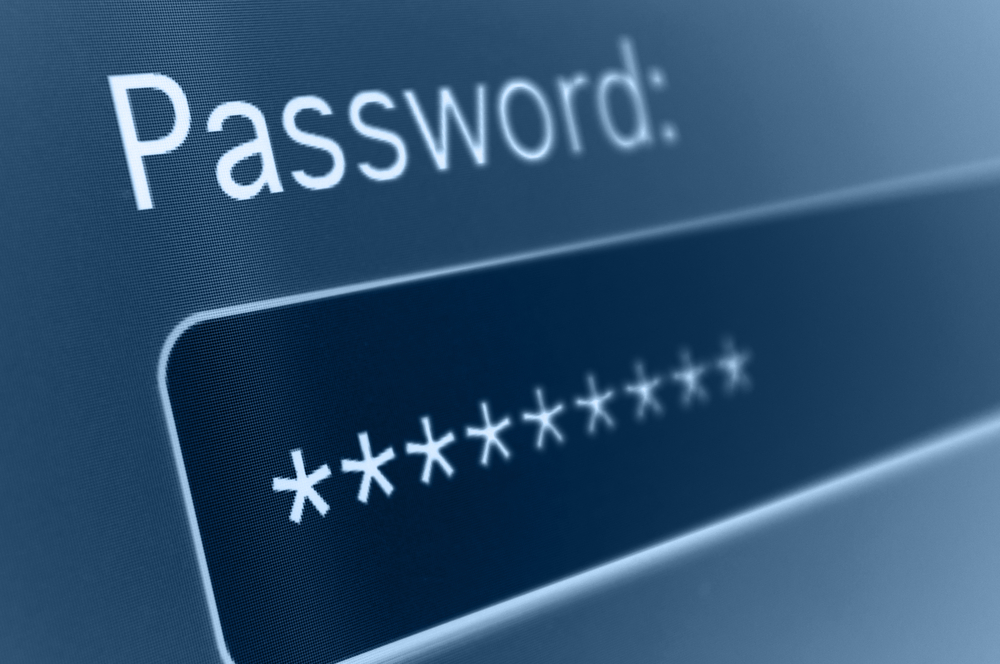
(Shutterstock)
this is an opinion
We look forward to hearing your opinions.
Leave a comment below and Tweet us @ArkBusiness or email us
Some days it feels like the world runs on passwords.
Almost every digital platform, phone application, and online point of purchase requires a username and the dreaded 8-12 character (or longer) personal identifier. As the number of accounts continues to grow, it becomes impossible to remember all the combinations, so choose to reuse passwords or add an extra exclamation mark at the end. That's wrong.
The Cybersecurity and Infrastructure Security Agency (CISA) says that reusing or adopting easy-to-guess passwords is like “locking the door but leaving the key in the door.” Masu. Hackers can easily crack these codes to gain a foothold into your system and potentially gain access to unlimited data.
The technology industry celebrates World Password Day every May. Joking or not, this consumer-centric holiday is an important reminder for us to take charge of our cyber hygiene habits. Passwords are our first line of defense against potential cyberattacks and breaches, and it's up to us to take their creation and protection seriously.
It starts with following industry best practices. Passwords should be long, ideally with a passphrase containing 4 to 7 memorable but unrelated words. Some platforms still require uppercase, lowercase, special characters, and numbers, but the paradigm is moving away from that. CISA also recommends that IDs be unique and different for each account.
Perhaps the most important and underutilized tool is a password manager that securely creates, stores, and automatically fills in your information. The software warns you if you are reusing passwords or implementing weak passwords and provides more robust alternatives. The best part: There's only one password to remember, and that's for the password manager itself.
That said, not all password managers are created equal. There are free options, such as those built into web browsers, and countless vendors sell what they claim to be the “best” software. You can't afford to just click and download or buy. It's important to do your due diligence and make sure the password manager you choose is from a trusted and reputable source such as LastPass, 1Password, or BitWarden.
As for creating a password, it seems pretty simple. All you need is to make them long, random and unique, right? But we've all been guilty of using weak or so-called bad options at some point. You can protect yourself from breaches and attacks by following best practices and, most importantly, using a password manager when logging into your accounts at work and home.



